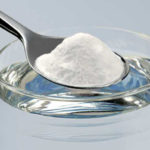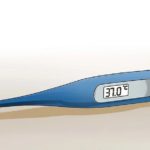1Monitoring Body Temperature and Reducing Fever
It is important to regularly monitor your body temperature using a thermometer. If you have fever symptoms, take immediate action to reduce the fever. Apply a warm towel to your forehead, armpits, and groin to help bring down the fever. If the fever persists, consult a doctor about using fever-reducing medication. The recommended dosage is typically 10 – 15 mg of paracetamol per kilogram of body weight. Adults can take 650 mg paracetamol tablets, with a time interval of 4 – 6 hours between doses, and a maximum of 6 tablets per day (as advised by the Ministry of Health).
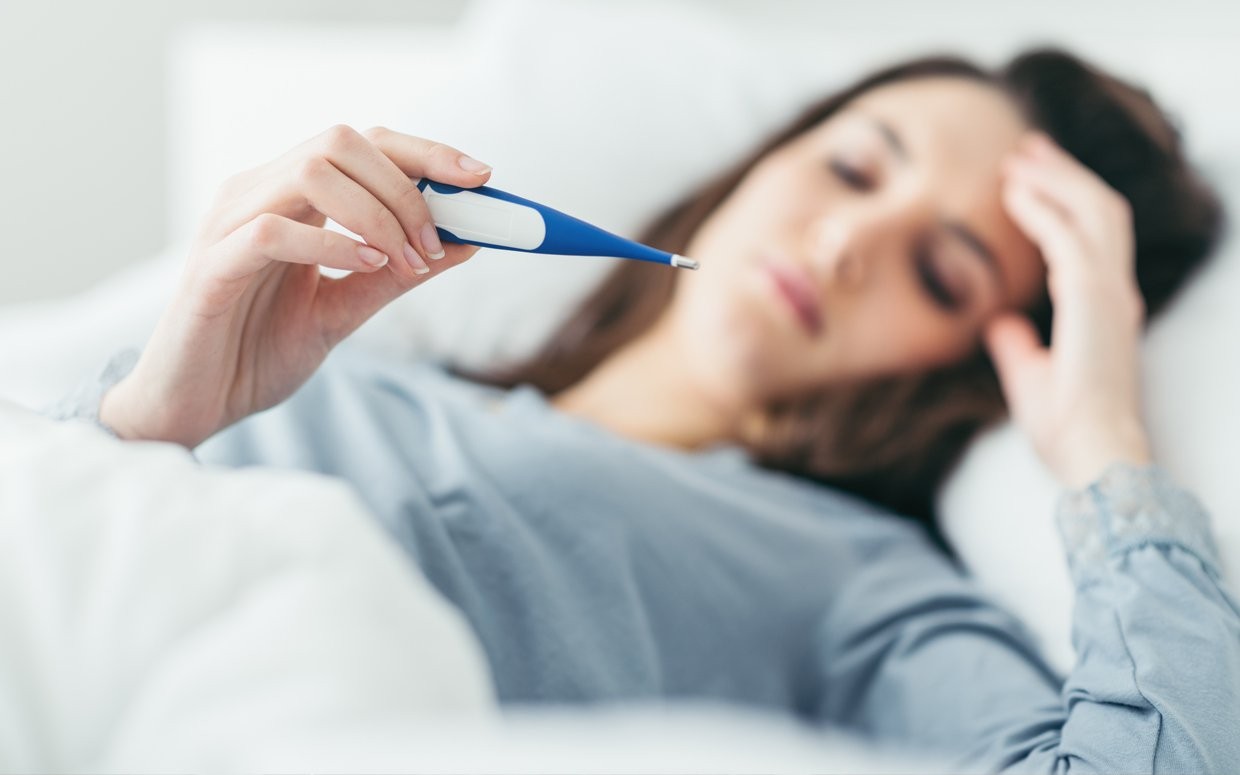
2Staying Hydrated with Water and Fruit Juice
When you have a fever, it is crucial to stay hydrated by drinking water. However, it is important to avoid overhydration, as it can put additional stress on the heart and kidneys. The National Institutes of Health (NIH) recommends that the average adult should drink about 2 liters of water per day. Additionally, if possible, drinking plenty of fruit juices can provide extra vitamins to boost the immune system.
3Choosing Breathable Clothing
It is recommended to wear loose and breathable clothing made of sweat-absorbent materials such as linen and cotton. This helps release body heat and prevents overheating, which can affect your comfort and mood.
 4Breathing Techniques
4Breathing Techniques
Avoid lying down for extended periods as it can cause the lungs to collapse and reduce their activity, making you more susceptible to viruses. Try sitting up and practicing abdominal breathing. Expand your abdomen while inhaling and contract it while exhaling. This action helps bring oxygen into the lungs and expel toxins from the body. Remember to breathe slowly and evenly if possible.

5Acupressure
According to the Ministry of Health’s advice, acupressure can be used to alleviate fever. You can press or have a caregiver press on the following acupressure points:
– Hegu acupoint (below the point where the long extensor tendon of the thumb attaches): Helps reduce fever and alleviate shortness of breath.

– Zhigou acupoint (hollow area on the back of the forearm, where the long extensor, supinator, and short extensor of the forearm meet): Helps reduce fever, alleviate cold and flu symptoms, sore throat, and promotes blood circulation.
If performed regularly, acupressure can help regulate blood pressure.
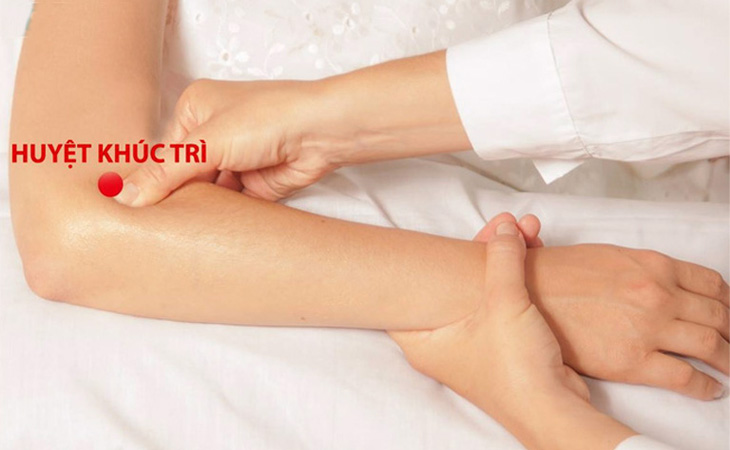
– Laogong acupoint (located at the highest point of the muscle junction between the index finger and thumb, on the outer side): Pressing on this acupoint helps relieve headaches, shoulder and neck pain, and improves certain nervous and cardiovascular conditions.
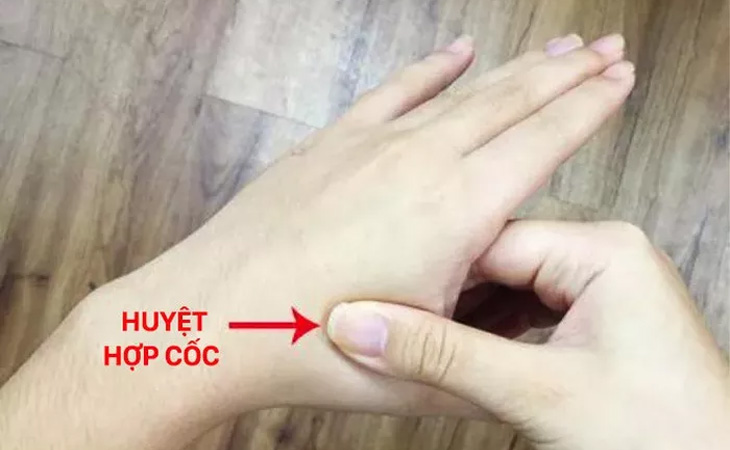
– Nei Guan acupoint (wrinkle at the wrist, below the groove between the thumb and the index finger): Helps treat insomnia, calms the mind, and improves certain issues related to the nervous and cardiovascular systems.
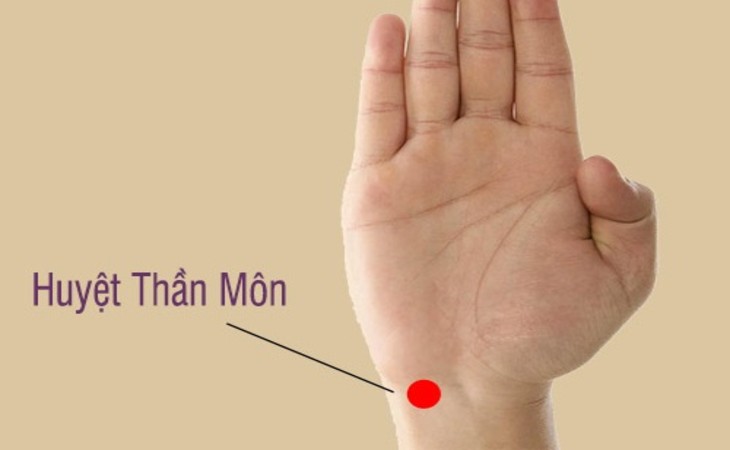
– Yong Quan acupoint (when flexing the foot and the toes, a depression appears under the foot, about 1/3 in front of the heel): Pressing on this acupoint helps relieve cough, sore throat, insomnia, and regulates body temperature.
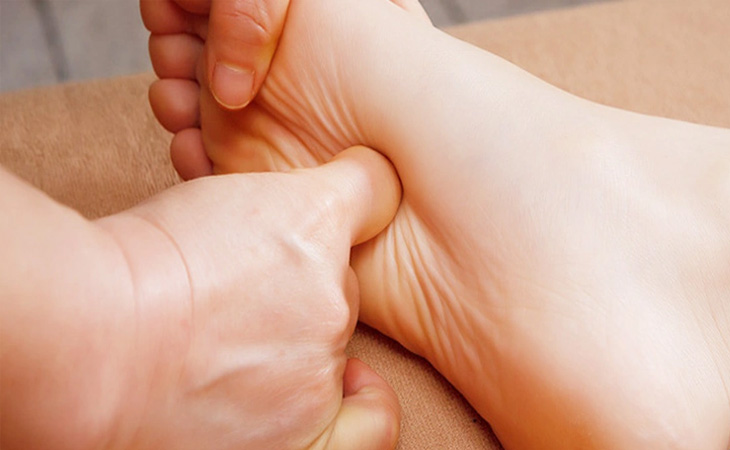
If you have chest tightness, you can also press the Dan Zhong acupoint (located at the sternum) to alleviate shortness of breath and chest pain. For headaches, massaging the scalp with your fingers can stimulate blood circulation and relieve pain.
– Baihui acupoint (top of the head): This acupressure technique helps facilitate blood circulation, enhance memory, and relieve pain.
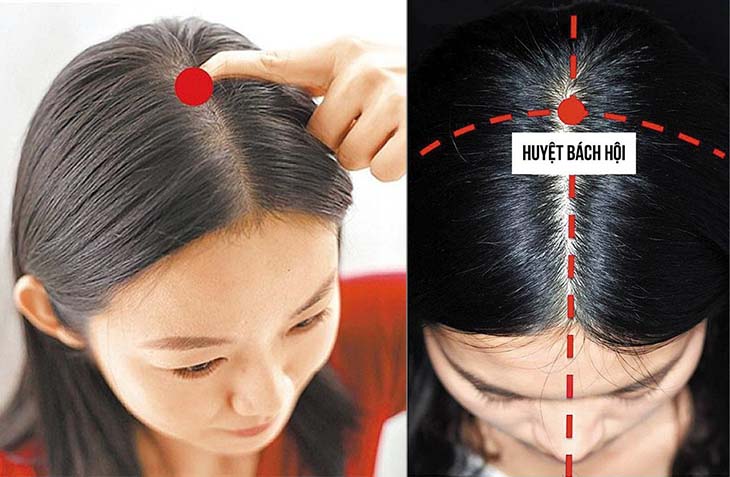
– Duying acupoint (located above or below the corner of the jaw): Pressing this acupoint helps relieve headaches, eye strain, and facial numbness.
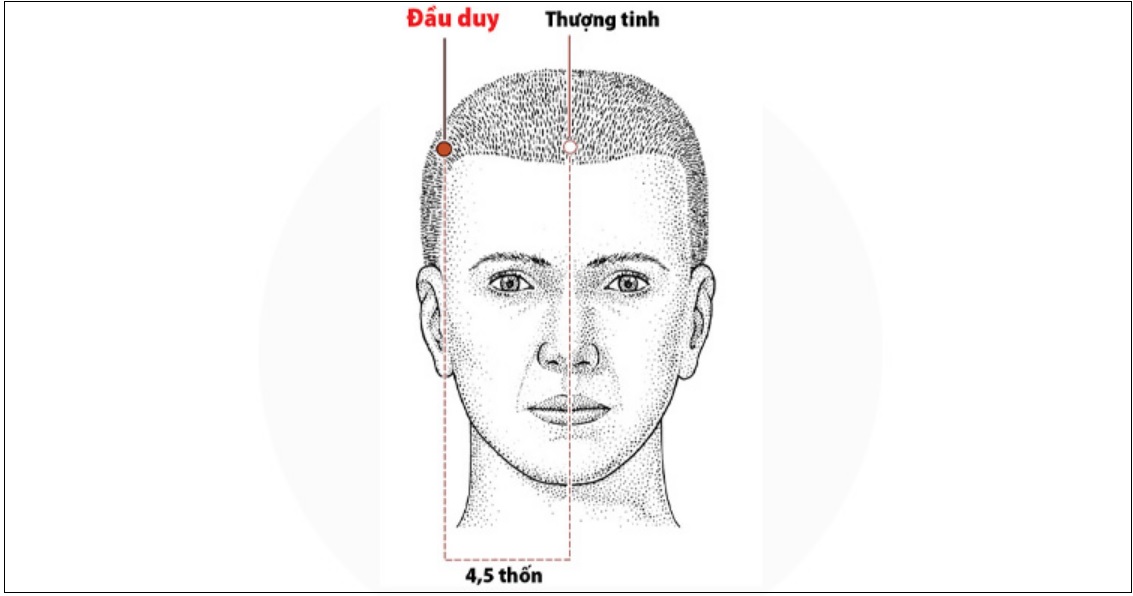
After applying acupressure, it is important to rest and relax. If the desired effect is not achieved on the first try, the patient can rest for a few minutes and then try again until they feel comfortable. It is also beneficial to engage in steam inhalation with herbal leaves, do bone-relaxing exercises, receive a full-body massage, and sunbathe.
Reference: Ministry of Health: News page about COVID-19 respiratory disease. Information updated as of July 27, 2021.
Through this article, we hope you have gained valuable information to help manage and reduce the dangerous symptoms caused by the SARS-CoV-2 virus. Take care of yourself and join the collective effort to fight against the pandemic.
The Risk of Underestimating Getting Caught in the Rain
No matter the weather, getting caught in the rain can be an unwelcome occurrence. While one may think that it’s no big deal, it’s important to take measures to get yourself dry and warm after such an experience. Don’t underestimate the effects of the rain – it can be more damaging than one may think.
























